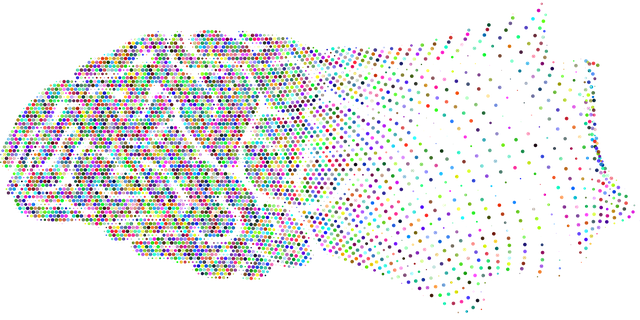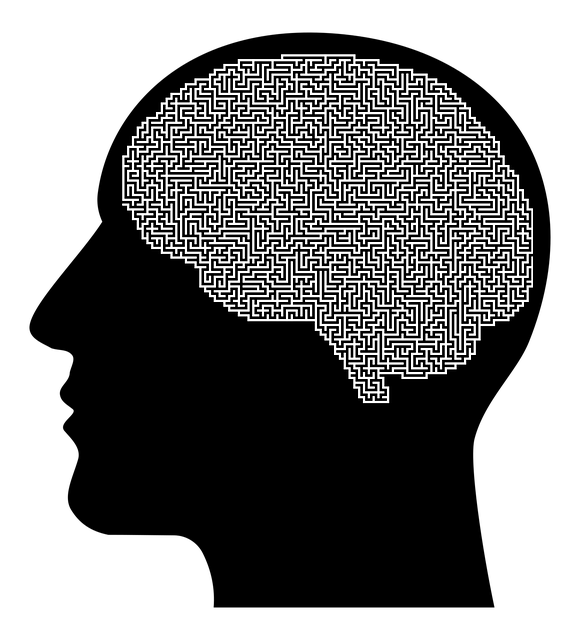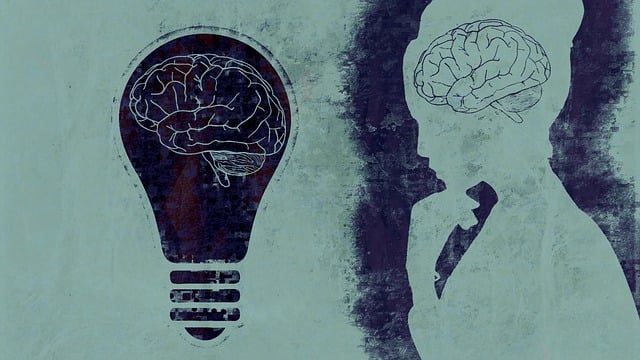Resilience-focused Marriage (RFM) therapy offers a novel approach to addressing domestic violence by prioritizing the building of resilience within relationships. This model creates safe spaces for partners to learn constructive conflict navigation, emotional regulation, and effective coping strategies. Unlike traditional methods, RFM empowers individuals to become agents of change, reducing burnout risk. Through public awareness campaigns and community outreach, RFM promotes healthy relationships and prevents violence. Resilience-building exercises empower survivors with mental health education and coping strategies, fostering agency and self-efficacy. Group sessions facilitate peer learning, while one-on-one therapy provides tailored interventions. Holistic risk assessment ensures personalized care. Implementing effective RFM programs requires specialized training, evidence-based practices, safe spaces, online tools, collaboration, emotional intelligence integration, and regular impact evaluation. These programs empower individuals to recover from domestic violence trauma, build resilience, and cultivate compassion.
Resilience is a powerful tool in the healing process for survivors of domestic violence. The RFM (Resources, Fortitude, Mastery) model offers a unique approach to building resilience and has gained recognition in therapy for domestic violence. This article explores the transformative power of RFM exercises, examining their role in empowering survivors, enhancing coping mechanisms, and fostering long-term well-being. From understanding the core principles to practical implementation, we delve into strategies to support individuals navigating the complexities of trauma recovery.
- Understanding RFM and Its Role in Domestic Violence Therapy
- The Impact of Resilience Building Exercises on Survivors
- Practical Applications: Implementing RFM in Support Groups and One-on-One Sessions
- Resources and Next Steps for Facilitating Effective RFM Programs
Understanding RFM and Its Role in Domestic Violence Therapy

Resilience-focused Marriage (RFM) therapy is a powerful approach in addressing domestic violence. It recognizes that building resilience within relationships can significantly enhance individuals’ and couples’ ability to cope with stress, trauma, and potential violent situations. By focusing on strengthening connection, communication, and problem-solving skills, RFM offers a unique perspective in the field of Therapy for Domestic Violence.
This therapeutic model aims to create a safe space where partners can learn to navigate conflicts constructively, improve emotional regulation, and develop effective coping strategies. In contrast to traditional approaches that may solely concentrate on victim support or offender accountability, RFM empowers individuals to become agents of change, fostering resilience as a protective factor against burnout prevention strategies for healthcare providers involved in these cases. Public Awareness Campaigns Development and Community Outreach Program Implementation can further reinforce the message that promoting healthy relationships is a proactive approach to violence prevention.
The Impact of Resilience Building Exercises on Survivors

Resilience-building exercises have a profound impact on survivors of domestic violence, serving as a crucial component in their therapy for domestic violence. These exercises are designed to empower individuals by equipping them with mental health education programs that promote coping strategies and enhance emotional well-being. Through structured activities, survivors learn to navigate the challenges they face, fostering a sense of agency and self-efficacy.
Incorporating trauma support services within these exercises allows for safe spaces where participants can process their experiences, thereby improving their overall mental health and resilience. The effectiveness of such programs has been underscored by various mental health policy analyses and advocacy efforts, highlighting the need for accessible and inclusive therapy models to support those affected by domestic violence.
Practical Applications: Implementing RFM in Support Groups and One-on-One Sessions

Implementing RFM (Resilience, Flexibility, and Mastery) techniques in support groups and one-on-one therapy sessions offers practical applications for those recovering from domestic violence. This approach empowers individuals to develop coping mechanisms that enhance their emotional resilience, enabling them to navigate challenging situations with greater ease. By fostering a sense of control and flexibility, RFM strategies help clients manage their moods more effectively, reducing the risk of burnout, especially when facing high-stress events or triggers related to past trauma.
In therapy for domestic violence, incorporating RFM exercises can facilitate a deeper exploration of individual experiences. In group settings, participants can learn from one another, sharing strategies that have proven effective in building resilience and preventing relapse. One-on-one sessions allow for tailored interventions, focusing on specific areas of difficulty while teaching clients how to assess risks and apply mastery skills in their daily lives. This holistic approach, combined with robust risk assessment for mental health professionals, ensures a comprehensive support system tailored to each client’s unique needs.
Resources and Next Steps for Facilitating Effective RFM Programs

Implementing Effective RFM Programs requires a strategic approach and a range of resources to support individuals navigating therapy for domestic violence. Key components include accessing specialized training for professionals, utilizing evidence-based practices like empathy building strategies and compassion cultivation, and creating safe spaces for participants to share their experiences. Online platforms offer valuable tools such as virtual workshops, interactive modules, and peer support forums, enhancing accessibility and engagement.
Next steps involve fostering collaboration between service providers, integrating emotional intelligence into program design, and regularly evaluating the impact of RFM interventions. By incorporating best practices, continuous improvement, and a focus on emotional well-being, these programs can empower individuals to build resilience, cultivate compassion, and recover from traumatic experiences associated with domestic violence.
Resilience, as fostered through RFM (Recovery-Focused Methodology) exercises, plays a pivotal role in therapy for domestic violence survivors. By enhancing coping mechanisms and promoting personal growth, these methods empower individuals to navigate challenging situations with increased strength and confidence. Implementation in support groups and one-on-one sessions has proven effective, offering a structured framework for building resilience. With accessible resources available, professionals can facilitate powerful RFM programs, enabling survivors to reclaim their lives and find hope in their recovery journey.








